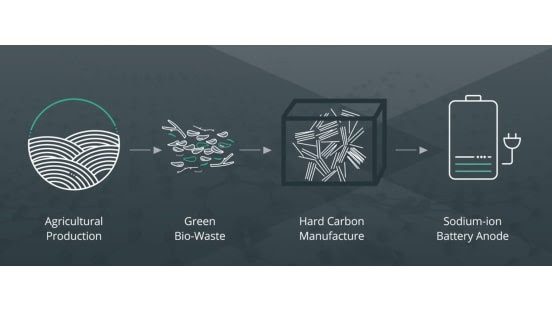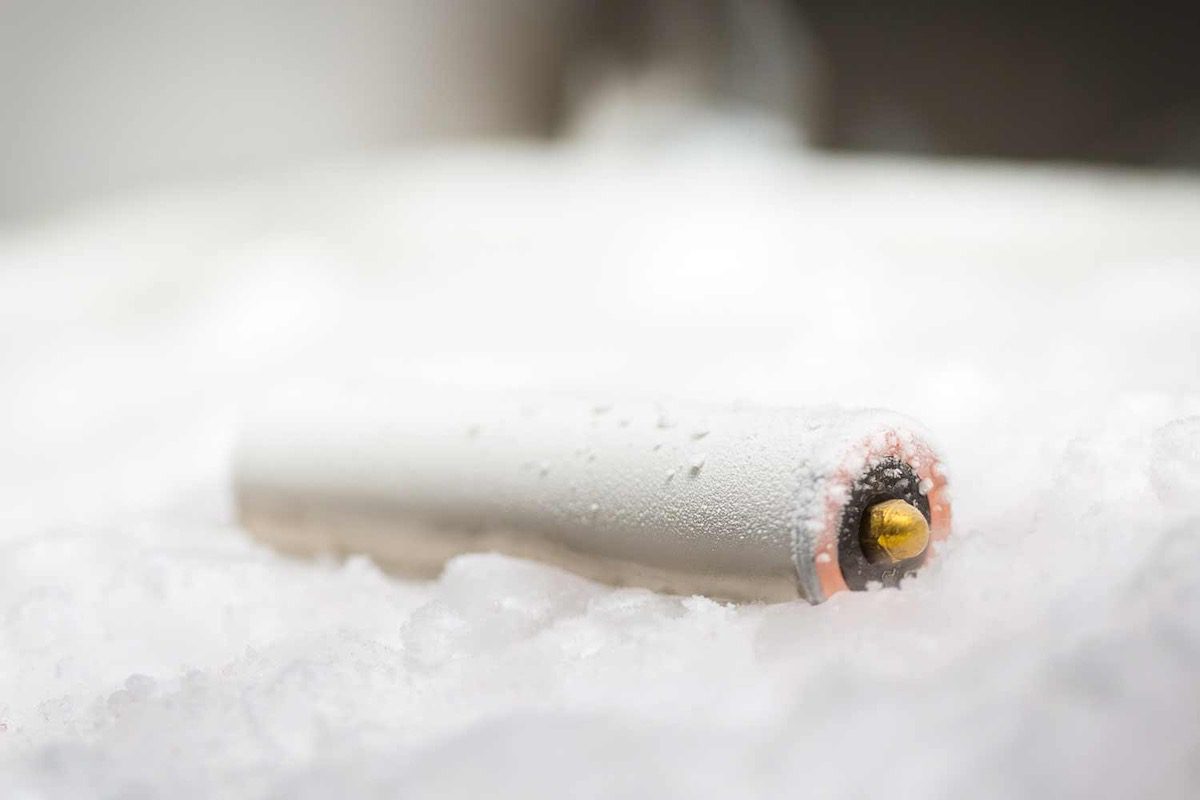Australian battery technology group Sparc Technologies is reporting “exciting” developments in its pursuit of sodium ion batteries, an alternative to the prevalent lithium ion.
Sparc has been working with the Queensland University of Technology on how to source sustainable hard carbon anode material for sodium ion batteries, and may have found an answer with green bio-waste and less energy intensive processes.
The problem with current hard carbon materials now is that they are sourced from fossil fuel feedstock, including one bi-product known from the oil and gas industry known as pitch, which also involves a very energy consuming process because of the need for high temperatures.
But Sparc is confident it has found an answer.
“Sparc is very encouraged by the positive results from its research program with QUT into the development of sustainable hard carbon anode materials for sodium ion batteries,” company chairman Hunt said in a statement.
The combination of green bio-waste feedstock and faster, less energy intensive processing with a very high capacity anode material offers attractive potential for further research and development.

Sodium ion batteries are being targeted by many of the world’s biggest battery cell suppliers, including China’s CATL and BYD, and India’s Reliance Industries.
Sodium ion batteries are considered to be a very prospective alternative battery chemistry to lithium ion, and particularly suited to energy storage markets. This is due to their lower cost, the greater availability of raw materials, the safety and ease in transport, and greater operating temperature range
“Sparc is well positioned as one of the only ASX listed companies actively targeting sodium ion batteries,” Hunt said.
The results achieved by QUT for the processing conditions were up to 45 per cent higher than the benchmarks set at the beginning of the program last September. That means it is well ahead of what is considered to be required to make commercial hard carbon anode materials.
Sparc has another 6 months to run on the research program with QUT and is planning to explore the magnitude of energy and cost savings achievable through the proposed processing route, along with life cycle analysis and economic modelling.
Sparc is also working with Fortescue subsidiary FFI on the development of new green hydrogen technologies, using “solar reactor technology” that doesn’t require large scale wind and solar farms.
That work is being done in conjunction with the University of Adelaide, and FFI holds a 20 per cent stake in the venture.








